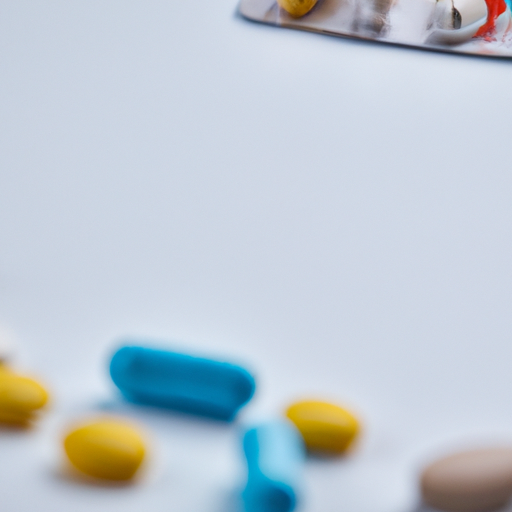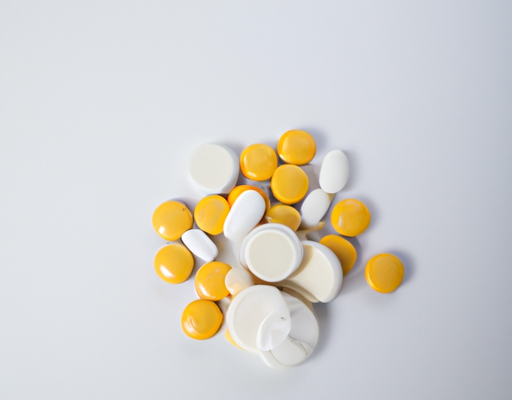Definition of Zit
A zit, commonly called a pimple, is a medical term for a lesion on the skin caused by inflamed hair follicles. Zits are most common in teenagers and young adults due to increased hormones, but can affect individuals of any age. Zits can range in size from small whiteheads to painful, inflamed cysts. In some cases, the inflammation can lead to infection and scarring. To avoid this, it is important to practice good hygiene and to resist the urge to pick or pop zits. If the zits become severe or persistent, it is best to consult a dermatologist for treatment.
Common Causes
Acne, also known as zits, is a common skin condition that occurs when the pores in the skin become clogged with oil and dead skin cells. It can affect anyone, but is most common among teenagers and young adults. While it isn’t usually a serious health concern, it can lead to pain, discomfort and in extreme cases, scarring. Fortunately, there are a number of treatments available to help control acne.
There are a variety of causes of acne, but some are more common than others:
- Hormonal changes – During puberty, hormone levels fluctuate, leading to an increase in oil production, which can clog pores.
- Excessive sweating – Sweat mixed with oils can block the pores.
- Cosmetics and skin care products – Certain products can block the pores if they are too heavy or not washed off properly.
- Stress – Stress can increase hormone production, leading to an increase in oil production.
- Diet – Eating a lot of dairy and sugary foods can increase oil production in the skin.
The best way to treat and prevent acne is to practice good hygiene, eat a balanced diet, reduce stress, and use gentle skin care products. Talk to your doctor or dermatologist if your acne is severe or does not respond to home treatments.
Appearance of Zits
Zits, also known as pimples, are a common medical term that describes the appearance of certain kinds of skin blemishes. Generally, they appear as small, pus-filled bumps on the skin. They can range in size, shape, and color. Zits are typically caused by a combination of bacteria, oil, and dirt that clog the pores in the skin. Unfortunately, these bumps can be painful, irritating, and difficult to get rid of. In some cases, they can even be a sign of a more serious underlying medical issue. It is important to take care of your skin and practice good hygiene in order to keep zits from appearing. If the bumps persist or become more severe, it is best to visit your doctor or dermatologist to find out the underlying cause.
Treatments
When it comes to treating zits, healthcare professionals generally recommend using antibiotics to treat mild cases. However, severe cases may require more aggressive treatments like corticosteroids, lasers, or photodynamic therapy to reduce inflammation and eliminate the infection. Depending on the severity of the zit, the doctor may also elect to perform incision and drainage, as this can help reduce the pain and prevent the infection from spreading. When antibiotics are prescribed, it is important to continue treatment until the infection is completely eliminated, as it can take several weeks for the medication to be completely effective. Additionally, a strict skin care routine should be followed to keep zits under control and reduce the risk of developing a difficult-to-treat infection.
Prevention
Good skin health is essential for preventing zits. Eating a balanced diet, limiting sugar and processed foods, and drinking plenty of water can help keep the skin clear and healthy. In addition, regular exercise can help reduce stress and improve circulation, which can lead to healthier, clearer skin. Avoiding the sun and using sunscreen and protective clothing can also help reduce the risk of zits. Keeping the skin clean and using the right skin care products can also help reduce the risk of zits. Skin care products that are specifically designed for acne-prone skin are the most effective. Additionally, it is important to reduce stress levels as high stress can lead to hormonal changes and worsen acne. Finally, it is important to always remove makeup before bed and to keep hands and hair away from the face as much as possible. Following these tips can go a long way in preventing zits and maintaining healthy, clear skin.





No Comments